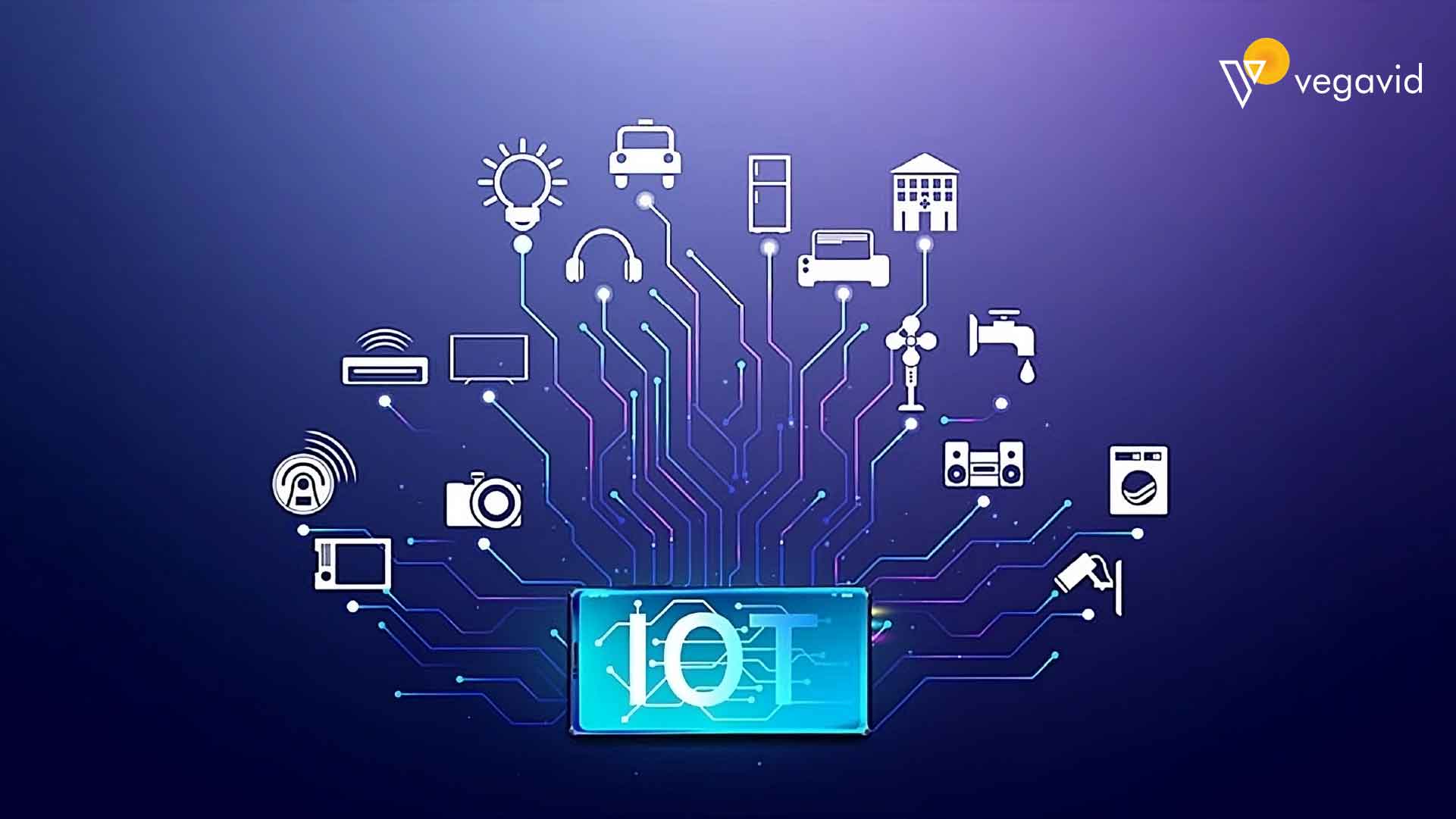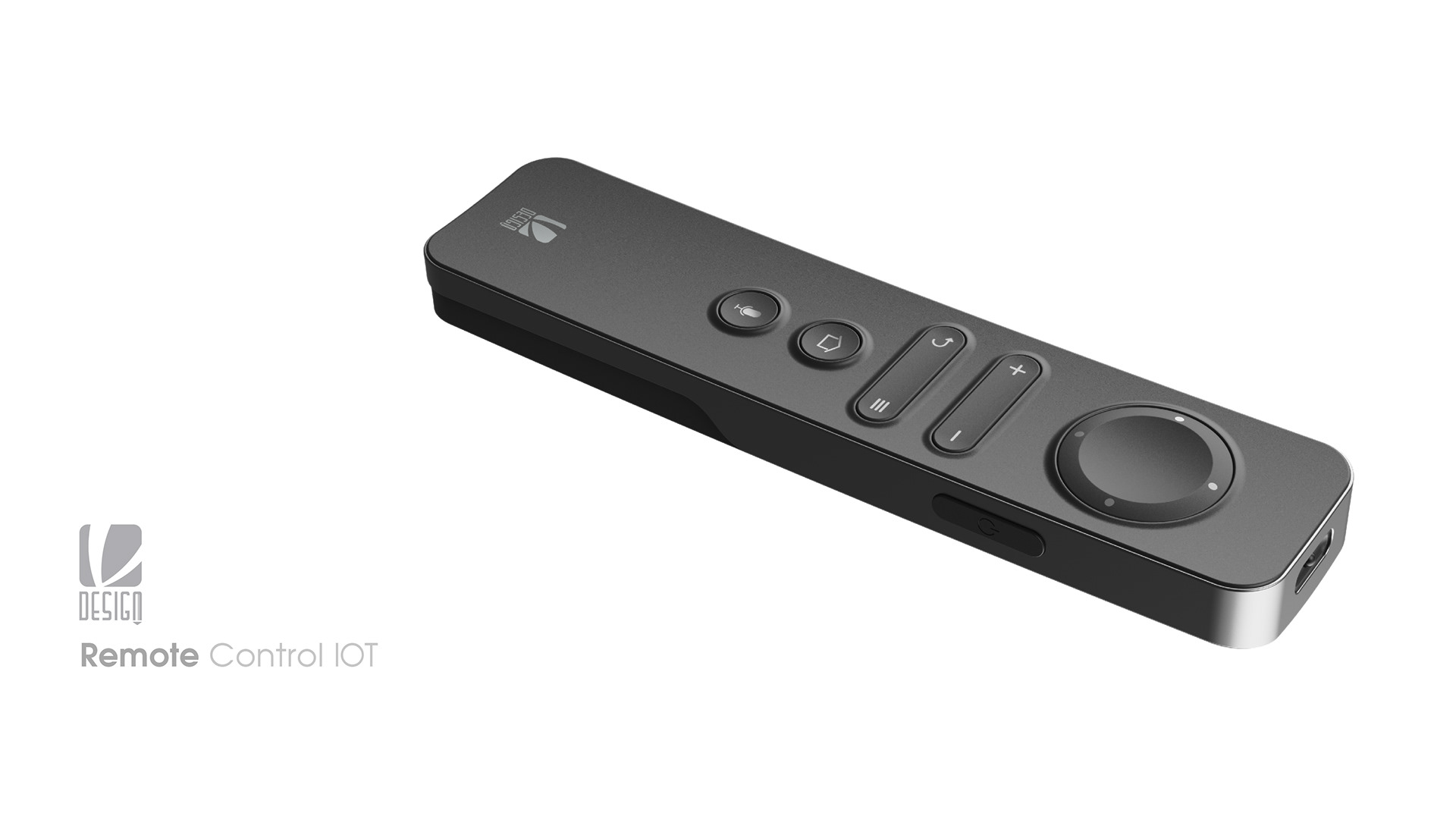Unlocking The Power Of Remote IoT Connect
Hey there tech enthusiasts and curious minds! If you've ever wondered how your smart devices can talk to each other from miles away, you're about to dive into the fascinating world of remote IoT connect. This isn’t just some buzzword; it’s a game-changer shaping how we interact with technology. Picture this: your fridge tells your phone it's time to restock milk while you're at work, or your home security system sends alerts directly to your smartwatch. That’s remote IoT connect in action, making life smarter and more connected than ever before.
But hold up, what exactly is remote IoT connect? Simply put, it’s the magic that lets Internet of Things (IoT) devices communicate over long distances using various wireless technologies. It’s like giving your gadgets a superpower to stay in touch no matter where they are. Whether it’s a smart thermostat adjusting your home's temperature or a drone inspecting remote infrastructure, remote IoT connect is the backbone that makes it all possible.
As we journey through this article, we’ll peel back the layers of remote IoT connect, uncovering its inner workings, benefits, challenges, and the future it promises. So, buckle up and get ready to explore the tech that’s quietly revolutionizing our world. Let’s dive in, shall we?
- Virginia Madsen Net Worth A Deep Dive Into The Wealth Of This Talented Actress
- Michael Cimino Actor The Man Behind The Lens And Beyond The Spotlight
What is Remote IoT Connect Anyway?
Alright, let’s break it down. Remote IoT connect refers to the ability of IoT devices to communicate and exchange data over long distances without being physically connected. Imagine your smart thermostat in your living room chatting with a weather station miles away to adjust your home's temperature. That’s remote IoT connect doing its thing. It uses a mix of technologies like cellular networks, satellite communication, and low-power wide-area networks (LPWAN) to keep devices in sync, even when they’re far apart.
How Does It Work?
Now, here’s the fun part. Remote IoT connect works by leveraging wireless communication protocols. Devices are equipped with sensors and communication modules that allow them to send and receive data through networks. For example, a smart irrigation system in a farm can use LPWAN to communicate with a weather station to optimize water usage. The data travels through the network, gets processed, and then triggers actions, all without human intervention. It’s like a well-choreographed dance of data and technology.
Benefits of Remote IoT Connect
So, why should you care about remote IoT connect? Well, the benefits are pretty impressive. First off, it enhances efficiency. Businesses can monitor and manage their operations remotely, reducing the need for on-site visits. Imagine a factory owner checking machine performance from the comfort of their home. Secondly, it improves safety. Remote monitoring of critical infrastructure like oil pipelines or power grids can prevent disasters by detecting issues early. Lastly, it boosts convenience. From smart homes to wearable tech, remote IoT connect makes our lives easier and more connected. Who wouldn’t want that, right?
- Did Dwayne Johnson Die Debunking The Rumors And Celebrating The Rock
- What Is Szas Real Name Discover The Story Behind The Rampb Sensation
Efficiency Gains in Industry
- Reduced downtime through predictive maintenance.
- Optimized resource usage by real-time data analysis.
- Enhanced productivity with automated processes.
Challenges Faced in Remote IoT Connect
Of course, like any technology, remote IoT connect has its challenges. Security is a big one. With so much data flying around, protecting it from cyber threats is crucial. Then there’s the issue of connectivity. Not all areas have reliable network coverage, which can hinder device communication. Plus, the cost of implementing and maintaining these systems can be steep, especially for small businesses. But hey, every great tech comes with its hurdles, and these challenges are being tackled head-on by innovators around the globe.
Security Concerns
- Data breaches can compromise sensitive information.
- Unsecured devices can be entry points for hackers.
- Implementing robust security measures is essential.
Technologies Behind Remote IoT Connect
Now, let’s talk tech. Several technologies power remote IoT connect. Cellular networks like LTE and 5G provide high-speed connectivity for data-intensive applications. LPWAN technologies such as LoRaWAN and Sigfox are perfect for low-power, long-range communication. Satellites come into play for remote areas with no terrestrial coverage. Each technology has its strengths and is chosen based on the specific needs of the application. It’s like having a toolbox full of options to get the job done.
Role of 5G in IoT
5G is a game-changer for remote IoT connect. With its ultra-fast speeds and low latency, it enables real-time communication between devices. Think autonomous vehicles communicating with each other to avoid accidents or smart cities managing traffic flow efficiently. The possibilities are endless, and 5G is paving the way for a more connected future. It’s like giving remote IoT connect a turbo boost.
Applications of Remote IoT Connect
So, where is remote IoT connect being used? Everywhere! In agriculture, smart irrigation systems use remote IoT connect to conserve water and improve crop yield. In healthcare, remote patient monitoring allows doctors to keep tabs on patients’ health without them needing to visit the clinic. Smart cities use it to manage energy consumption and traffic. The list goes on, from industrial automation to environmental monitoring. Remote IoT connect is transforming industries and reshaping our world in ways we’re only beginning to understand.
Smart Agriculture
- Precision farming to optimize resource use.
- Remote monitoring of soil and crop conditions.
- Automated irrigation systems for water conservation.
Future Trends in Remote IoT Connect
Looking ahead, the future of remote IoT connect is bright. Advances in AI and machine learning will enhance data processing capabilities, making systems smarter and more autonomous. Edge computing will reduce latency by processing data closer to the source. Quantum computing might even revolutionize how we handle vast amounts of IoT data. The potential is immense, and the innovations on the horizon promise to take remote IoT connect to the next level. Exciting times, aren’t they?
AI and Machine Learning Integration
AI and machine learning are set to play a pivotal role in remote IoT connect. They’ll enable predictive analytics, allowing systems to anticipate needs and make decisions proactively. Imagine a smart home that learns your habits and adjusts settings accordingly. Or a factory that predicts equipment failures before they happen. The integration of AI will make remote IoT connect not just reactive but truly intelligent.
Expert Insights on Remote IoT Connect
According to a report by Gartner, the number of IoT devices is expected to surpass 25 billion by 2030. That’s a lot of devices talking to each other! Industry experts emphasize the importance of standardization and interoperability to ensure seamless communication between devices. They also stress the need for robust security frameworks to protect against cyber threats. These insights highlight the significance of remote IoT connect in shaping the future of technology.
Data from Statista
Statista reveals that the global IoT market is projected to reach $1.1 trillion by 2026. This growth is fueled by increasing adoption of IoT devices across various sectors. The data underscores the economic potential of remote IoT connect and its role in driving innovation and development. It’s clear that remote IoT connect isn’t just a trend; it’s a fundamental shift in how we interact with technology.
Building Trust in Remote IoT Connect
Trust is key when it comes to remote IoT connect. Users need to feel confident that their data is secure and their devices are reliable. Companies investing in remote IoT solutions must prioritize transparency and accountability. By adhering to industry standards and regulations, they can build trust with their customers. It’s about creating a ecosystem where technology enhances lives without compromising safety or privacy.
Regulatory Compliance
Compliance with regulations like GDPR and CCPA ensures that user data is handled responsibly. These regulations set the benchmark for data protection and privacy, giving users peace of mind. Companies must stay updated with evolving regulations to maintain compliance and trustworthiness. It’s a commitment to doing the right thing, and it pays off in the long run.
Conclusion: Embracing the Future of Remote IoT Connect
So, there you have it, folks! Remote IoT connect is more than just a tech buzzword; it’s a powerful enabler of innovation and efficiency. From enhancing industrial operations to improving daily lives, its applications are vast and varied. As we’ve explored, while there are challenges to overcome, the benefits and potential of remote IoT connect are undeniable. So, what’s next? Take the first step by exploring how remote IoT connect can enhance your business or lifestyle. Share your thoughts, leave a comment, and keep the conversation going. Together, we can shape a smarter, more connected future. Stay tuned for more tech insights, and remember, the future is here, and it’s connected!
- Luke Nichols Wikipedia A Deep Dive Into The Life And Legacy Of A True Star
- How Much Is Jonathan Majors Worth Unpacking The Stars Rising Net Worth

IoT Connect APK Download for Android Latest Version

Remote IoT Device Management Everything You Need to Know

REMOTE CONTROL IOT Behance Behance